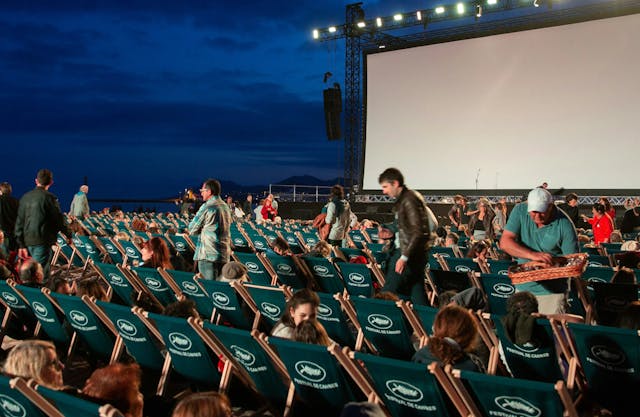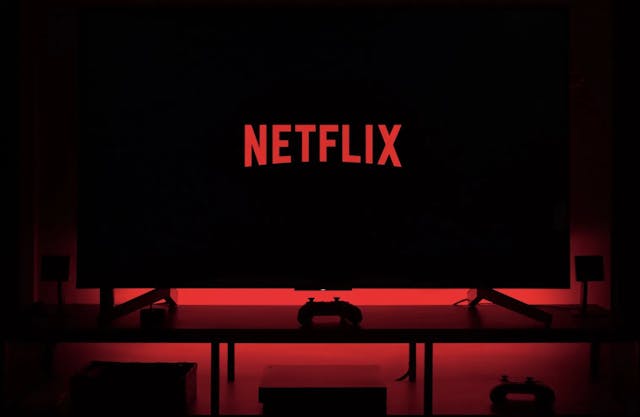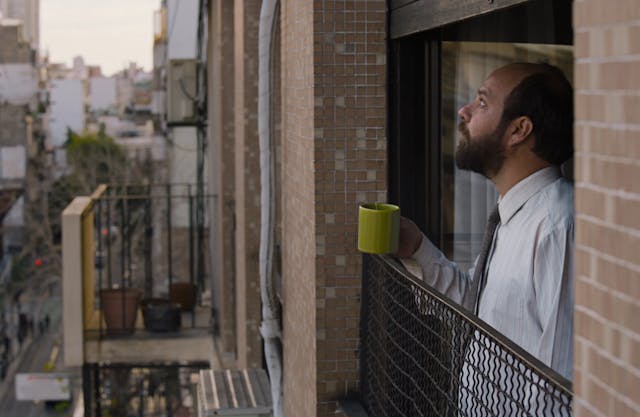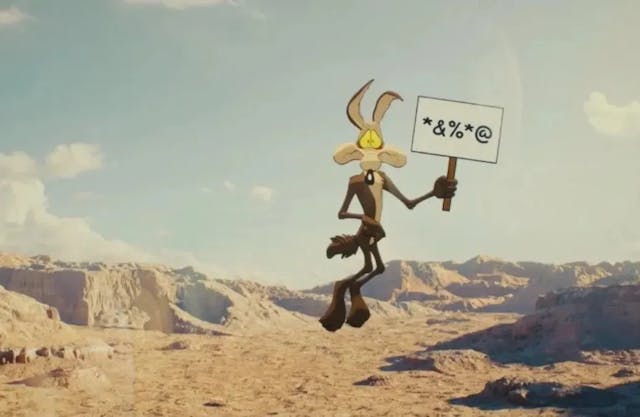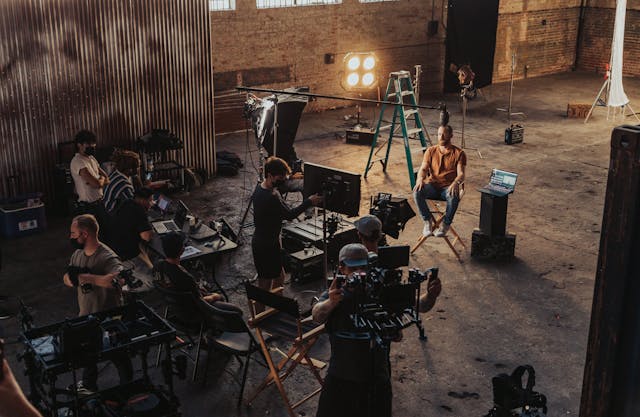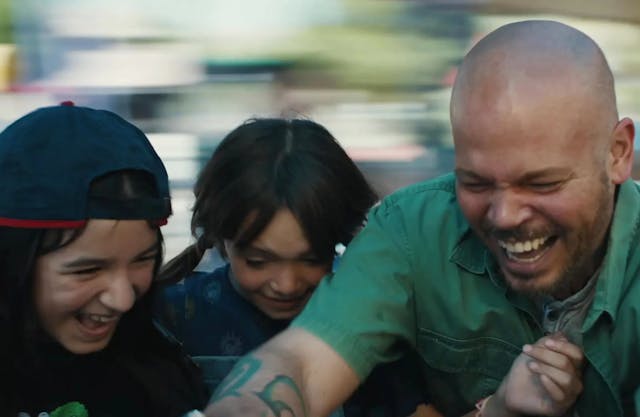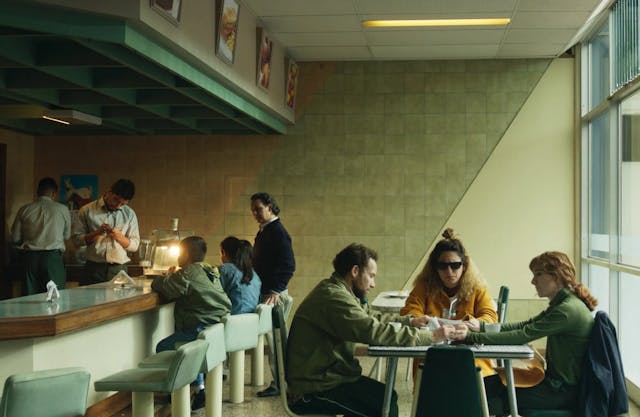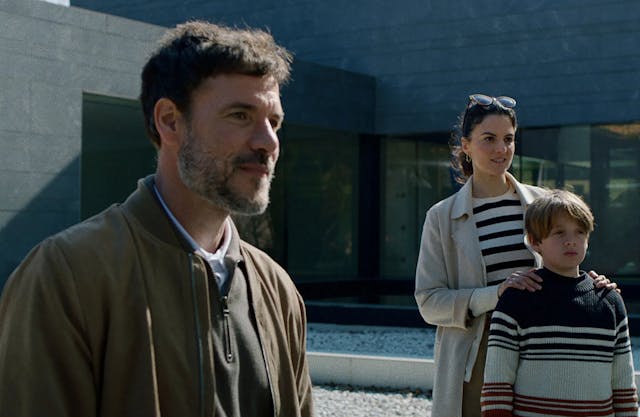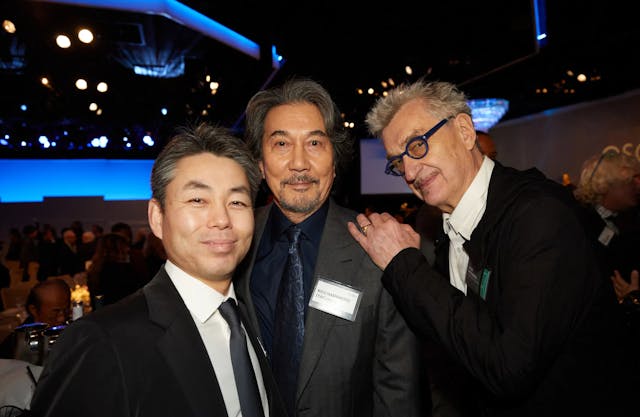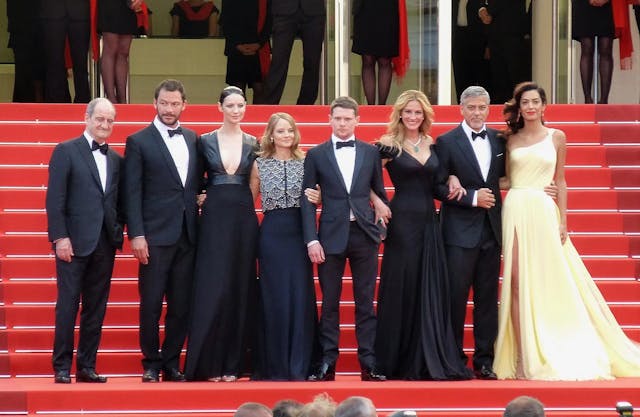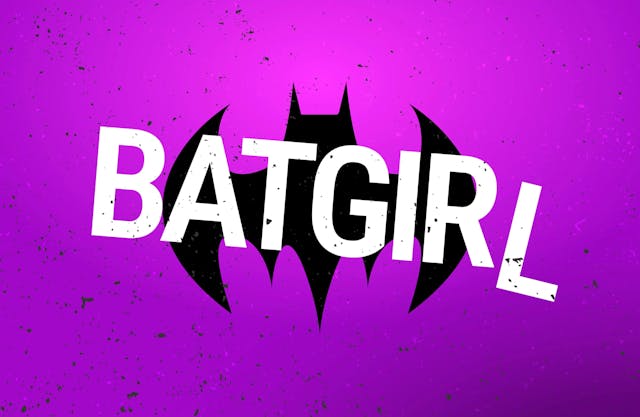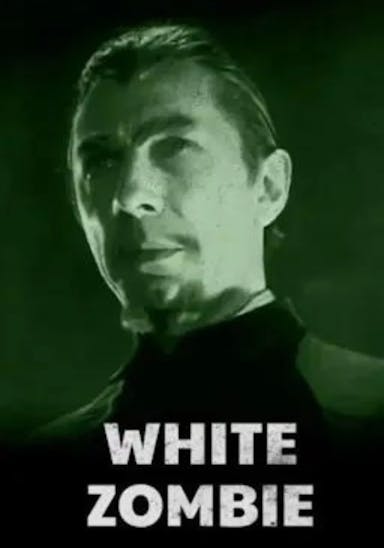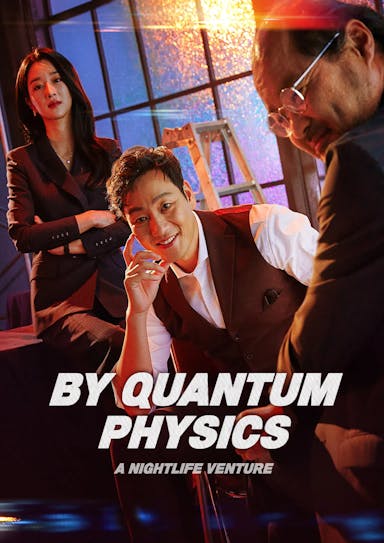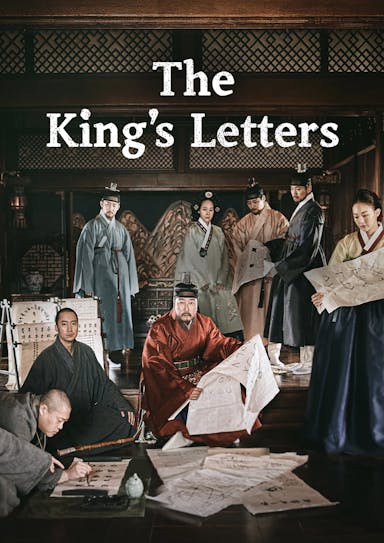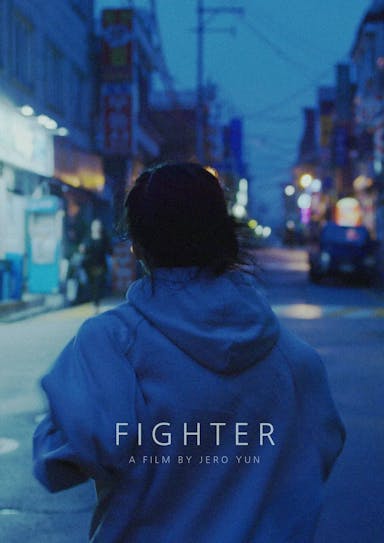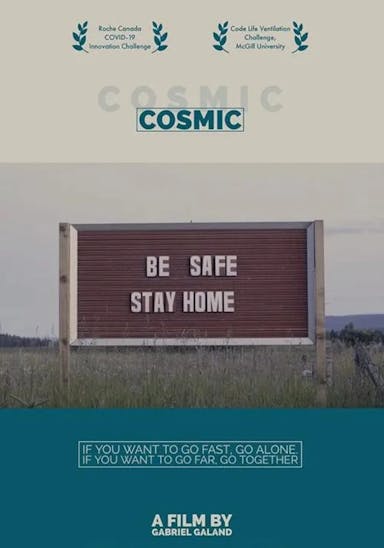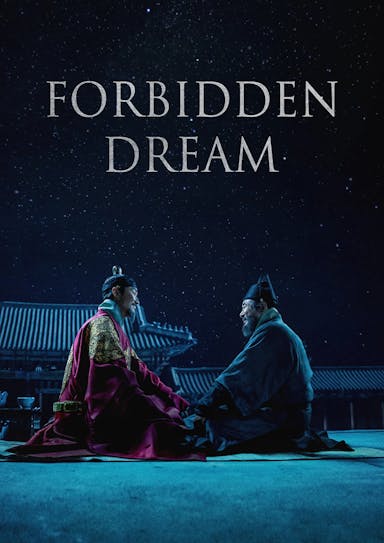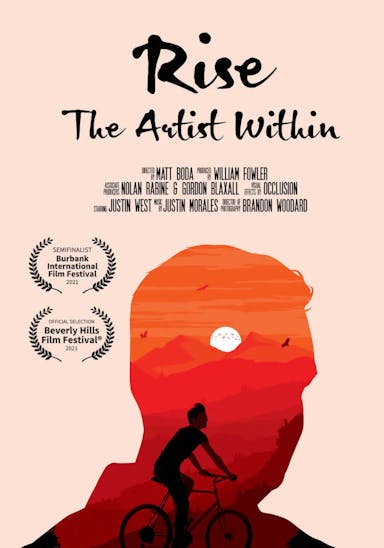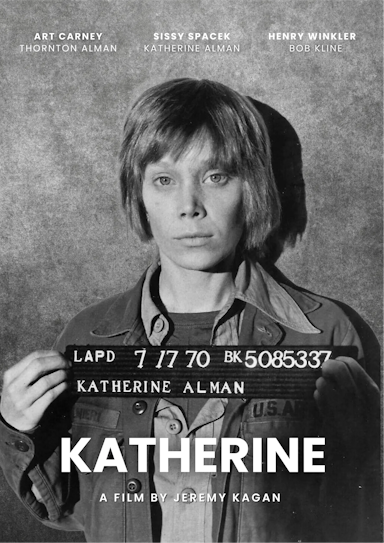The Time for Korean Cinema is Now, so… Where are the Movies?
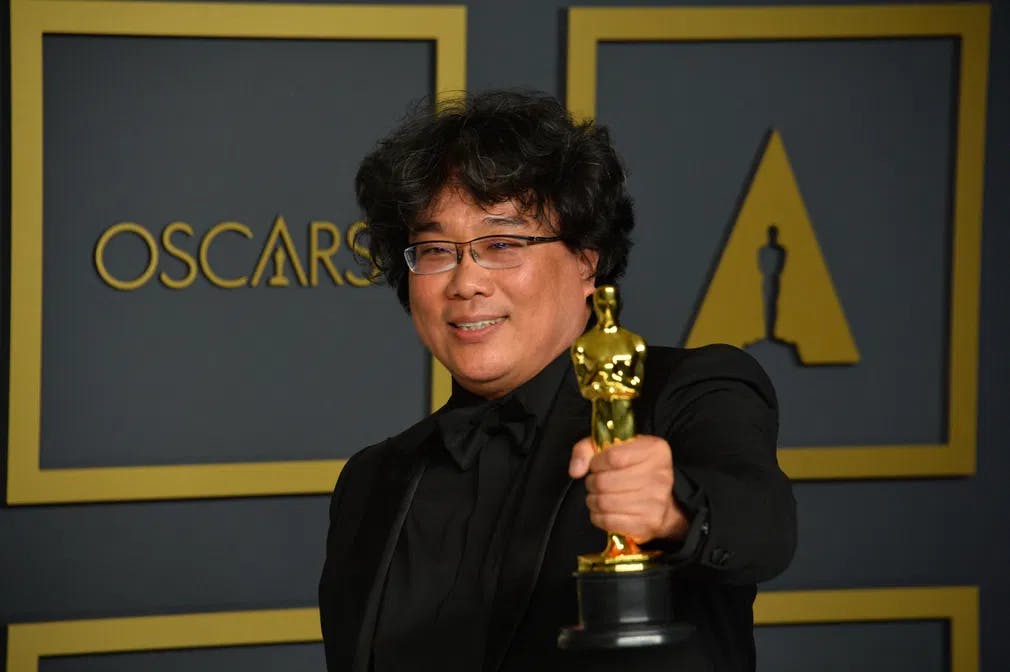
Oscar hangover: Bong Joon-Ho took Best Picture for "Parasite," but his follow-up stalled in Hollywood. / Photo by Paul Smith, courtesy of Featureflash & Dreamstime.
South Korean culture is going global, thanks in large measure to the reach of K-pop. Dethroning British laddies and Swedish producers, South Korea’s musical complex inspires ferocious devotion from teens. With BTS fans growing into their twenties, the young adult demographic is following suit. It's not bad for a wave of artists that feel like Menudo on acid. Well, perhaps not something as dark as hard drugs. The boys and girls of the K-Pop generation are clean-cut and unthreatening—more Frankie Vally and Connie Francis than Bad Bunny and Miley Cyrus.
I’m sure there must be more than commercial pop in the Korean musical scene, but diversity has not reached our shores so far. And there’s nothing wrong with the pleasures of a bubblegum anthem, no matter how much they auto-tune it. Challenging music is not the only art manifestation kept at bay for American audiences. We might as well put movies in the same basket. Why American movie buffs are deprived of the riches bestowed upon music-mad teens?
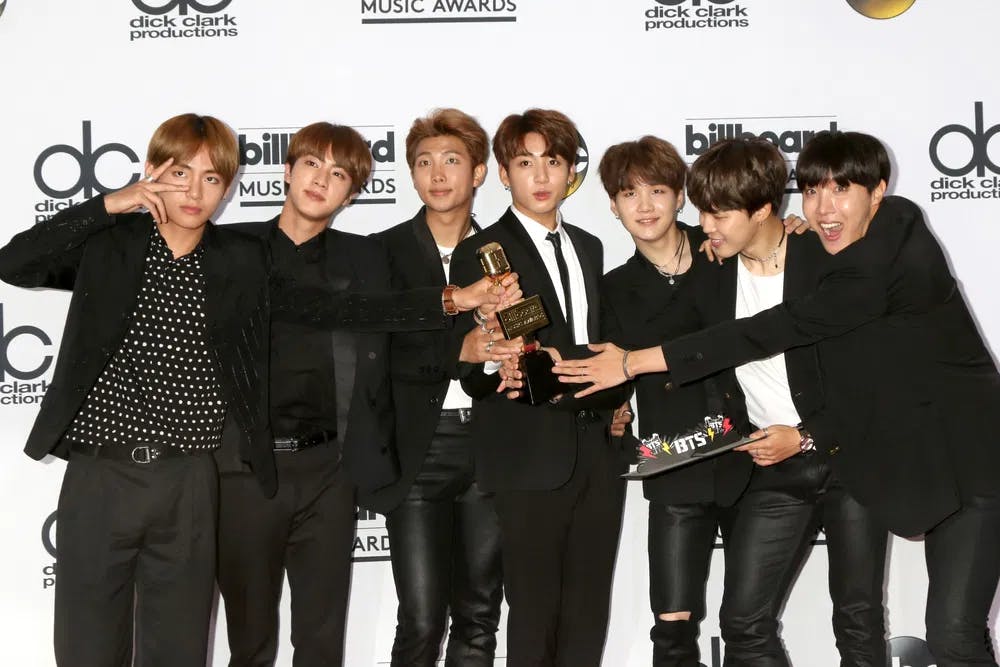
Boy Band Bonanza: BTS conquers America at the 2017 Billboard Awards in Las Vegas. / Photo by Hutchinsphoto, courtesy of Dreamstime.
The “Parasite” Miracle
Bong Joon-ho’s “Parasite” won four Oscars in 2020, including Best Picture and Best Director. Considering that achievement, you’d be excused for thinking Korean cinema had conquered Hollywood. Since then, no other Korean movie has struck wide distribution nor captured the American audience’s imagination. This “win” speaks more of the merits of that particular movie and the changes the voting corps of the Academy has experienced with the recent influx of members from outside the US.
Why “Parasite”? Perhaps the class struggle parable hit a nerve with audiences sickened by the greedy ethos of the Trump presidency. The myth of self-sufficiency at the heart of America got corrupted. The subtext was that if you are poor, you have no one else to blame, while the kleptocratic class made fortunes cutting corners and peddling influence. The constant threats to diminish the social net that sustained the at-risk people still resonate.
It’s not a stretch to think the public saw a mirror in the silent warfare between the poor Kims and the rich Dongs. The rich enjoy many luxuries, including absolutely ignoring the desperate demands of their staff. You can’t blame them for taking advantage of them, right? Well, yes, but Bong is a moralist and sees how the attempts to reverse this dynamic quickly, by any means, lead to danger. This angry, righteous social critique came packaged in an irresistible black comedy that, no matter how harsh it got, did not prepare you for its twist into violence.
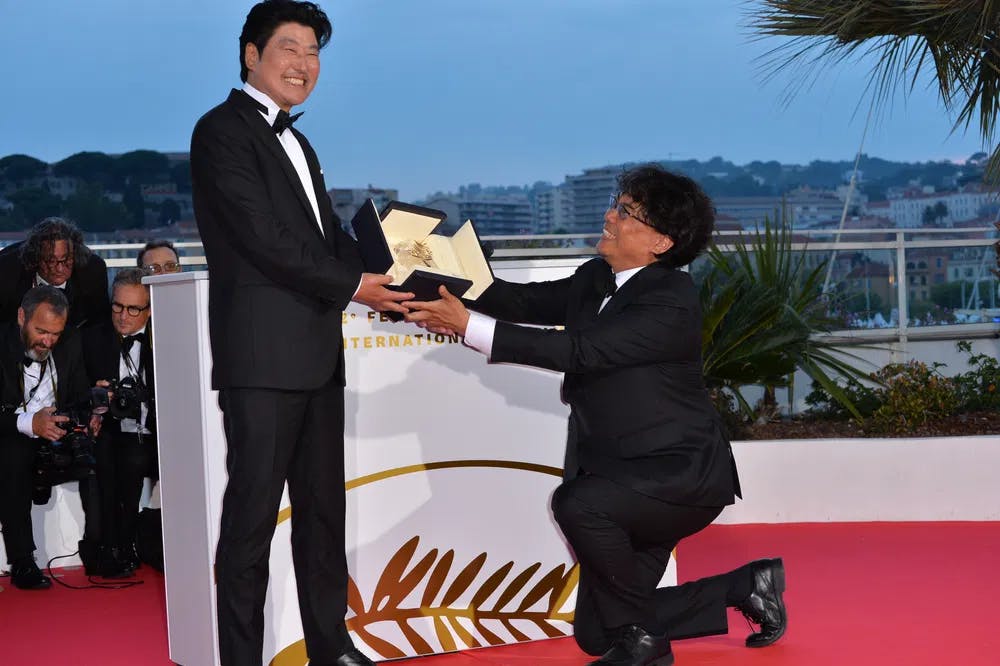
Palm bearers: "Parasite" director Bong Joon-ho and star Song Kang-ho celebrate winning Cannes' top prize. / Photo by Paul Smith, courtesy of Featureflash & Dreamstime.
Bong’s Next Act
Once upon a time, if a foreign director scored either a box-office hit or an Oscar, the gates of Hollywood would open for them. Think Danish director Susanne Bier, after two consecutive art hours hits “Open Hearts” (2002), “Brothers” (2004) and the Oscar-nominated “After the Wedding” (2006). She went on to find steady work on both sides of the Atlantic in high-profile film and TV projects. Mexican filmmaker Alejandro González Iñárritu snatched Brad Pitt and Cate Blanchet at the height of their power for “Babel” (2006). Master Bong seemed ready to follow that path, with Warner Brothers footing the bill for his follow-up. “Mickey 7” is a star-studded sci-fi film with Robert Pattinson in the leading role, playing a clone struggling to prevent an upgraded version from supplanting him. The cast includes Mark Ruffalo, Tony Colette, and Steven Yeun. Sounds like a surefire hit!
However, the movie disappeared from Warner’s slate as the release date of March 2024 approached. The ’23 Hollywood strike was blamed, but by then, principal photography had been completed months before, in December 2022. Suspicious minds -OK, me, it’s me - ponder the possibility that the newly minted CEO David Zaslav, taking the reign after the merger with Discovery Networks, stalled the project. He has not distinguished himself for caring much about talent. Remember how he killed "Batgirl" just as it was nearing completion? How he pressed “delete” on “Coyote versus Acme,” even after the movie was ready to be released, blessed with good marks from focus groups?
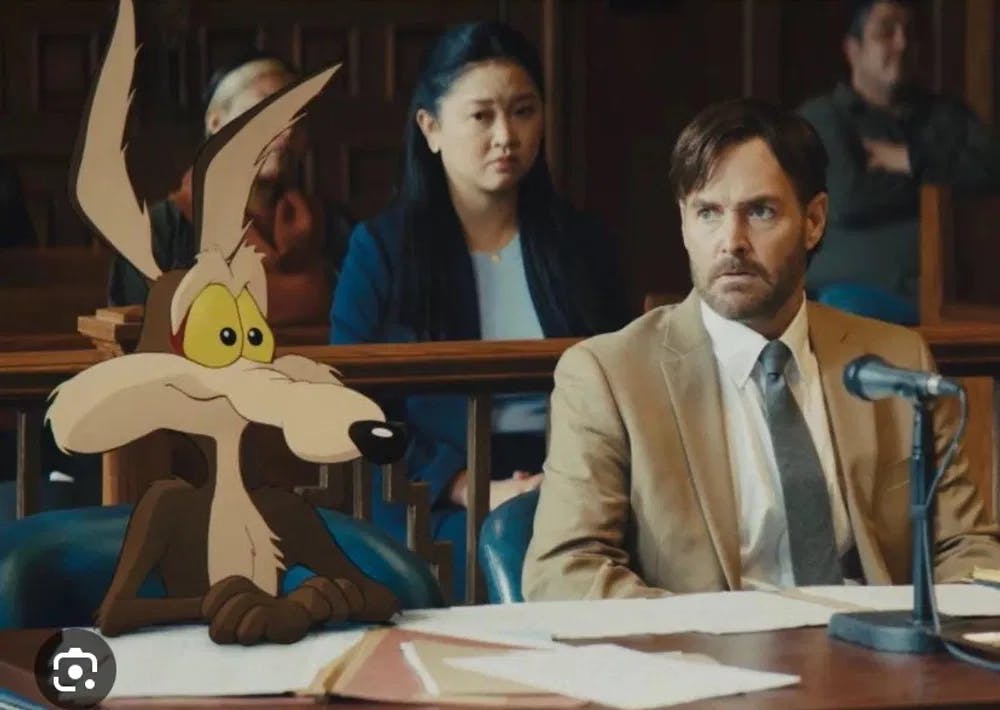
Lost case: "Coyote Versus Acme" will never be seen, thanks to Discovery-WB honcho Davis Zaslav. / Photo courtesy of Warner Bros.
After months of silence, “Mickey 17” is back on the calendar, set for release on January 31, 2024. Winter season is the graveyard for movies the studios find subpar regarding box-office prospects so that you can count this choice as a final slap from the Zaslav regime against Bong.
The Three Amigos, Korean Version
As good as Bong can be, a single guy does not make a national cinema wave. Two other Korean filmmakers have made inroads into the American market. Think of the Korean version of the 'three amigos": Alfonso Cuarón, Alejandro González Iñárritu, and Guillermo del Toro, the Mexican filmmakers who took Hollywood by storm in the early Aughts.
Hong Sang-Soo is too cool and cerebral to even bother to court the studios. He is a favorite at the top film festivals and a recurrent presence in Art House cinemas everywhere, thanks to his talky, bittersweet romantic comedies. Think Woody Allen with more booze. He is strikingly prolific. Just last year, he premiered two movies, “In Water” and “In Our Day”. The year before, three. He also has some tabloid traction by getting romantically involved with his much younger star, Kim Min-hee. She is now a recurrent presence in all his movies. It’s easy to see why Hong is an exclusive Art House staple. His obtuse, intellectual style is the antithesis of popular entertainment.
The same could not be said about Park Chan Wook. His talent for suspense and creative deployment of violence makes him more palatable to attract wide audiences. He was the first one to strike Hollywood’s radar. His first salvo was “Joint Security Area” (2000), a pulse-pounding thriller staged in the no man’s land between the two Koreas. He earned a cult following his “Vengeance” trilogy, three separate stories united by their contemplation of retribution. Last year, the centerpiece, “Oldboy” (2003), was re-released in a restored and remastered version by A24, the new arbiters of cool. If anybody deserves a box-office hit, it's Park. It’s a mystery why his labyrinthine thrillers “The Handmaiden” (2016) and “Decision to Leave” (2022) failed to break through.
International Superstars
American audiences may be dragging their feet, but the world at large has been kind to the trio. First-rate talent tramples over itself to work with them in projects that give international coproduction a good name. Park entered English-speaking cinema with “Stoker” (2013), starring Nicole Kidman. Jumping on the bandwagon of the new Golden Age of TV, he made a critically lauded adaptation of John le Carré’s “Little Drummer Girl” (2018) for the BBC with Florence Pugh, Alexander Skarsgard, and Michael Shannon. It regretfully got lost in the high tide of content competing for eyeballs.
Bong did his share in adapting the post-apocalyptic graphic novel “Snowpiercer” (2013), attracting a cast that included Chris Evans, Told Swinton, Ed Harris, Octavia Spencer, John Hurt, and his recurrent star Song Kang-ho. The movie’s whimsical take on class struggle anticipates “Parasite”’s concern with the tension between the haves and the have-nots. He went for another ethical minefield with a follow-up, “Okja” (2017), about a girl trying to save a fantastic animal from turning into a source of meat for the industrial food complex. Swinton came back, joined by Paul Dano, Steven Yeun, Giancarlo Esposito, and Jake Gyllenhaal.
Even Hong made inroads in the international scene, attracting French superstar Isabelle Huppert for “Claire’s Camera” (2017) and the upcoming “A Traveler’s Needs” (2024). That’s three directors setting foot on the international scene. They are just the tip of the iceberg. In 2023, most movies released in Korea, a total of 1063, were produced there. The industry is much more diverse than one would gather by watching the three critics-sanctified filmmakers. A recent influx of Korean movies to Popflick allowed me to take a plunge into the world of Korean cinema. The results are startling.
A Historical Double Feature
Two historical epics recently arrived at Popflick take place in a particular era in Korean history. The Joseon dynasty reigned Korea under the imperial oversight of China from 1392 to 1894. Incidentally, these two movies deal with King Sejong, a surprisingly progressive man who defied the overlords through populist and intellectual pursuits.
"The King's Letters"
Fresh off “Parasite," actor Song Kan-ho gets the chance to play royalty. He seems too young to play a sickly, elderly king Sejong but I assume life expectancy in the XIII century was way lower than the current one. He promoted the invention of a purely Korean language. His aim was to phase out Hanja, the practice of writing the Korean language with complex Chinese characters. Imagine the challenge of coming up with letters from scratch and translating sounds into made-up characters. Sejong recruits a cadre of monks led by Mong Sin-mi (Park Hae-il) to create a purely Korean alphabet, simplified in comparison to the Chinese characters imposed by the imperial masters. He wants his people to be able to read and write, to communicate more efficiently among them.
It sounds like an unimpeachable mission, but the group will have to face political machinations from a court filled with old-school bureaucrats unconvinced of crossing the Chinese. They are not too keen on empowering the unwashed masses, either. You must add the intellectual complication of the task at hand. Last, and perhaps the most explored in the plot mechanics, is the clash of egos between the king and the monk.
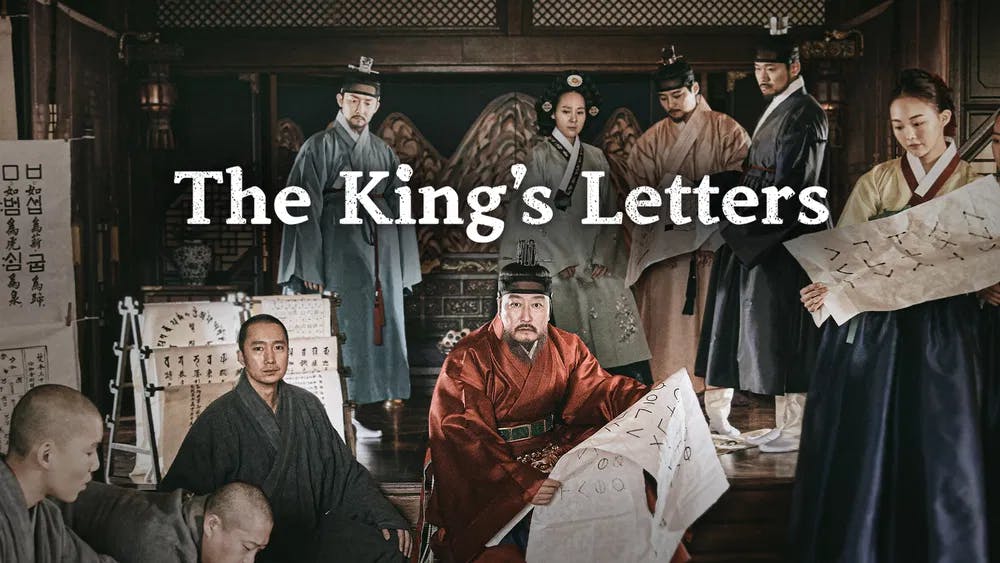
"Forbidden Dream"
“Forbidden Dream” tells a parallel story. Han Suk-Kyu plays King Sejong as he promotes the work of self-made astronomer and scientist Choi Min-sik (Hang Yeong-sil). The king wants him to create a map of the stars that will allow them to define the proper time for his kingdom and a zone-appropriate harvest almanac that will allow farmers to work fruitfully. In full imperialistic fashion, the Chinese imposed their metrics on the conquered people. This quest is also besieged by political intrigue and hubris. The relationship between the two men is more warm, making the movie work as an ode to friendship, with a shadow exploration of the loneliness of power.
Both movies were released in 2019, which shows that competing projects are not exclusive to Hollywood. They also show the ease with which Korean cinema can pull off a period epic. The rural landscape, with well-preserved palaces peppered with extras donning luscious costumes, goes a long way in transporting you to yesteryear. They share a somewhat plain, literal visual style that may remind you more of a current, high-budgeted American TV series than the dynamic, cinematic style of Bong and Park.
There are some attempts to make things palatable for modern audiences - in “The King’s Letters,” a young monk gives an anachronistic thumbs-up when a particular obstacle is overcome - but overall, both movies illustrate one of the problems Korean cinema encounters in conquering American audiences: cultural specificity. It’s not just that these two movies can be our first immersion in the Joseon era. The movie is particularly indebted to the subtleties of the Korean language. It must be quite hard to make them understandable in all their complexity to viewers with no knowledge of them. Yes, you can understand what’s going on in “The King’s Letters” - the actors speak the universal language of emotional truth - but you can’t shake the feeling that you are just getting part of the story.
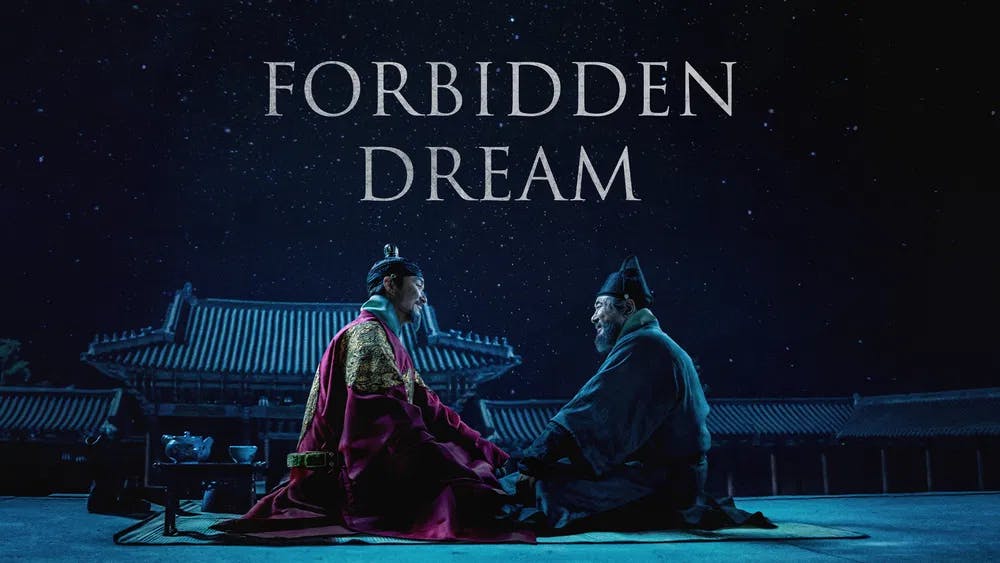
“Forbidden Dreams” is much more welcoming because the focus of the search is easier to grasp. Also, it’s more open-hearted and emotional. The narrative frame establishes a mystery to be solved in a flash-forward: the king suffers and accident when the new palanquin design by Choi Min-sik crashes. He is imprisoned under suspicion of trying to kill the king. From that moment on, the movie works as a retelling of the life of illustrious men. The drama and instances of comic relief are more frequent and successful. But still, you can’t shake the feeling that you are eavesdropping on a tale made for somebody else.
"Midnight Runners"
Korean cinema is not just about stodgy historical epics. There are more commercial genres, using tropes that feel familiar and novel at the same time. Color me happily surprised by “Midnight Runners,” the kind of action buddy comedy that Hollywood used to make and now seems to avoid like the plague.
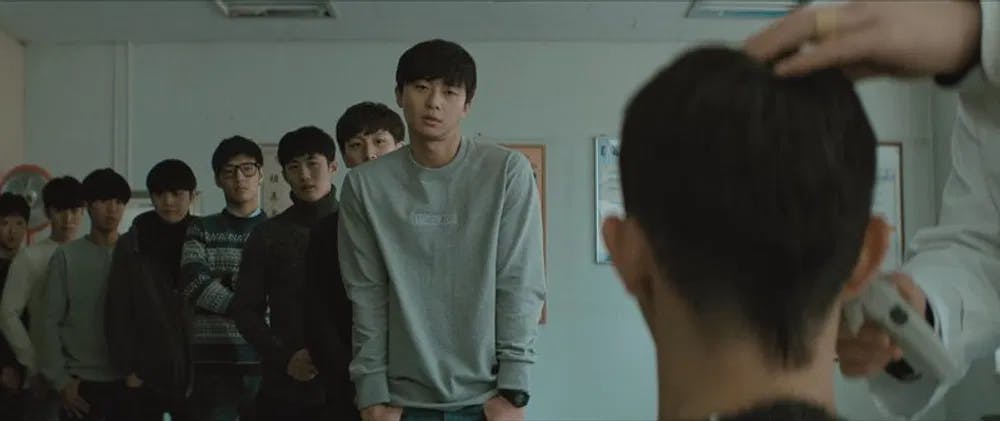
Full Metal Barber: Park Seo-Joon ready for a Police Academy make-over in "Midnight Runners" / Photo courtesy of Echelon.
Hwang Ki-joon (Park Seo-joon) and Kang Hee-yeol (Kang Ha-neul) are young cadets entering the Police Academy at the same time. One is the son of a single mother, taking the only road to education he can. The other is a middle-class brainiac defying family expectations and evading “the Korean MIT” for the more proletariat path of being a cop. They seem to hate each other but soon become the best of friends. On a night out, they come across the kidnapping of a young girl and take the case on the fly, even if they are outnumbered, outclassed, and technically forbidden to work as cops.
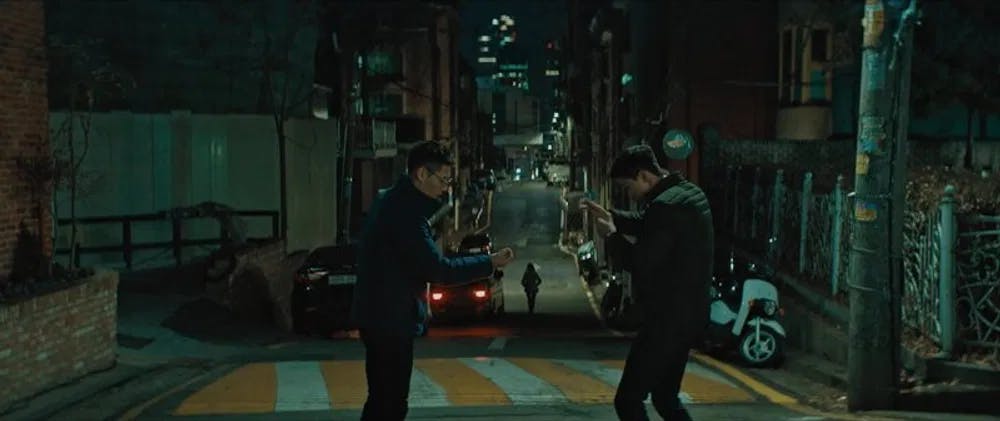
Foreground and Background: While Park and Kang play rock-paper-and-scissors to decide who hits on a girl, she is kidnapped under their noses. / Photo courtesy of Echelon.
So far, so generic. But “Midnight Runners” captures you from the start with a level of craftsmanship that seems gone from its Hollywood equivalents. Director Kim Joo-hwan always finds interesting and expressive ways to frame the action. Furthermore, you will not get the physic-defying action that plagues “Bad Boys,” “The Fast and the Furious” franchise, and the like. Whenever a fight breaks out, or the characters engage in violence, it is gnarly and believable. There is a refreshing practical physicality to everything, with no sign of CGI and green screen in sight - and if there is, it is done well enough to capture you in the illusion.
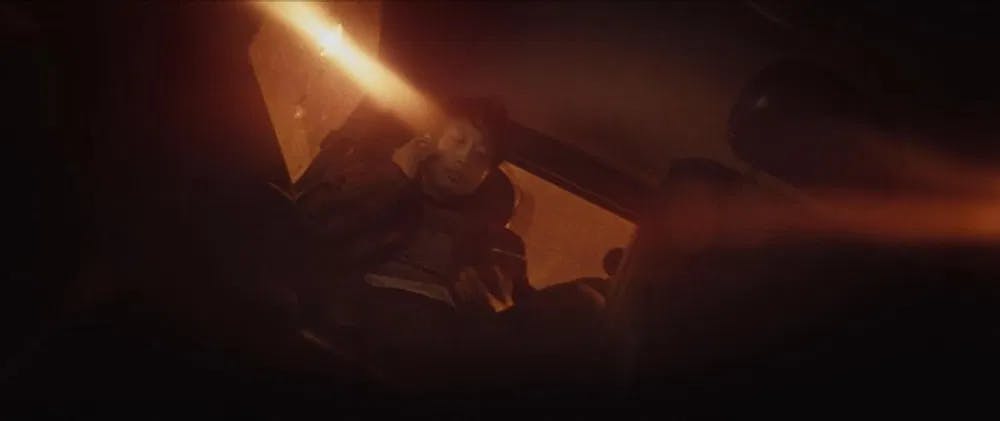
Villain under the light: the victim's POV from the floor of the kidnapper's dirty van. / Photo courtesy of Echelon.
There are a few moments you just know a Korean viewer would enjoy more - when the kids hit a nightclub; they spazz out at the K-pop stars milling around. Besides this particular scene, everything is pitched at the widest audience possible, with care and wit. Laugh-out, funny, and thrilling, “Midnight Runners” is a blast. I don’t remember enjoying an American action movie so much in recent years. For once, the text promising a sequel in the future did not feel like a threat but a cherished promise. Bring. It. On.
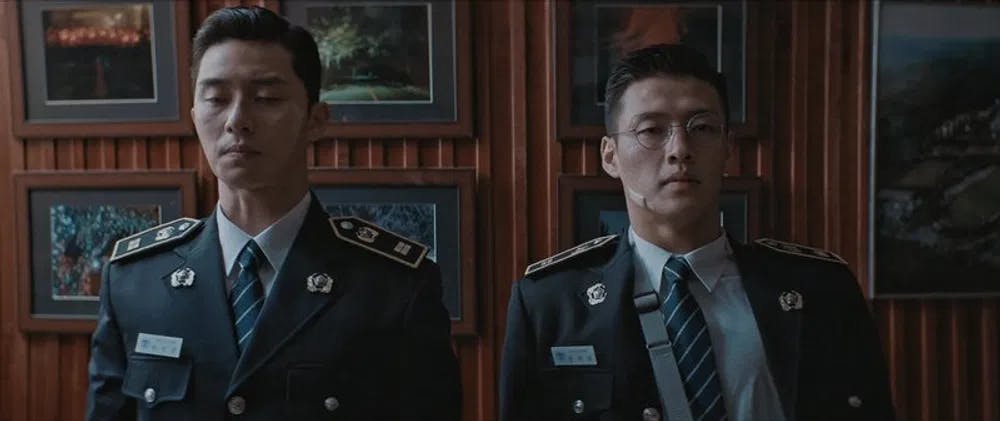
Franchise bliss: Park Seo-joon and Kang Ha-neul will return for a "Midnight Runners" sequel. / Photo courtesy of Echelon.
I can see a smart studio jumping on buying the rights to remake “Midnight Runners,” or a distributor opening in multiplexes all over the country. Except they didn't. We can only guess at the reason why. I guess you can blame this on language, the biggest obstacle Korean cinema faces in the US. American audiences are famously allergic to reading subtitles. “Parasite” was an anomaly. Outside of the Art House, subtitles corner foreign films into limited runs and fewer screens. Also, nobody seems to bear dubbing - I hate it myself.
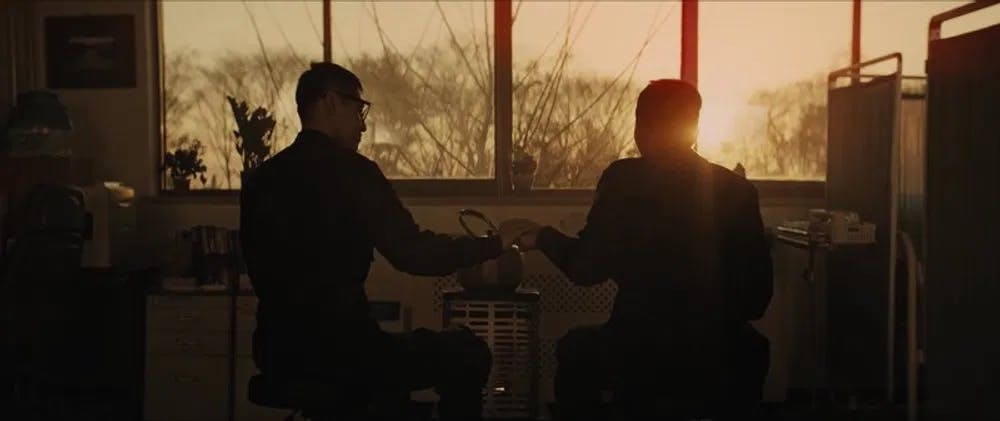
Buddy Comedy Bliss: Kang Ha-neul and Park Seo-joon are a great team, even if they don't know how to bump fists. / Photo courtesy of Echelon.
A matter of Words?
So, here’s where K-pop has an advantage over Korean cinema. Most acts have adopted English as the universal language of music, demolishing the one barrier that separates them from millions of teenagers eager to listen to their latest hits, catch their concert, and spend actual money for boxes that, instead of a disc, come full of cards, memorabilia and a code to download the actual music. Every release is an event.
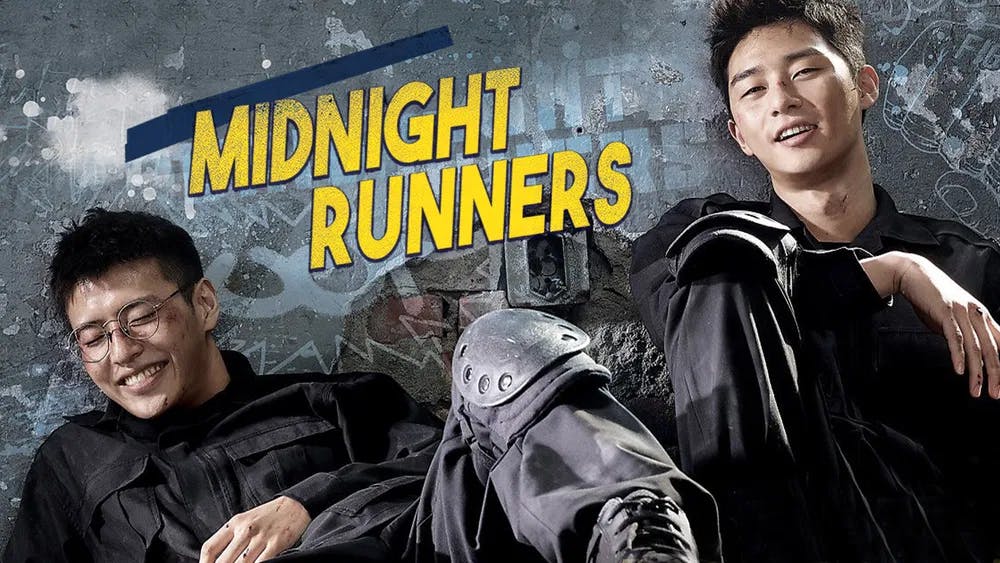
The popularity of international series on Netflix suggests more openness to foreign languages - check out the success of the Korean juggernaut “The Squid Game” and the Spanish sleeper hits “Money Heist” and “Elite.” But we don’t really know if American viewers are watching them in original audio with subtitles or succumbing to the ease of dubbing. As usual, Netflix is skittish with information. The good news is that there are ways to enjoy the pleasures of Korean cinema. Check out “Midnight Runners,” “The King’s Letters,” and “Forbidden Dream” on Popflick, the first salvo in our expanding library of K-movies.
Want to get an email when we publish new content?
Subscribe today
